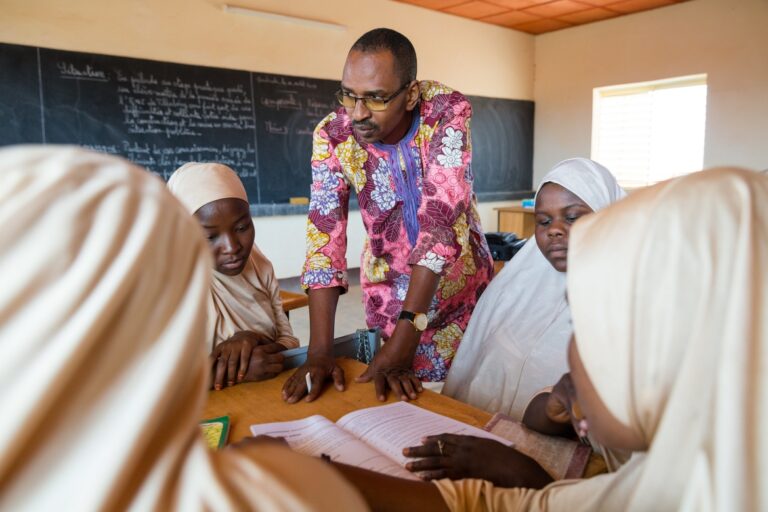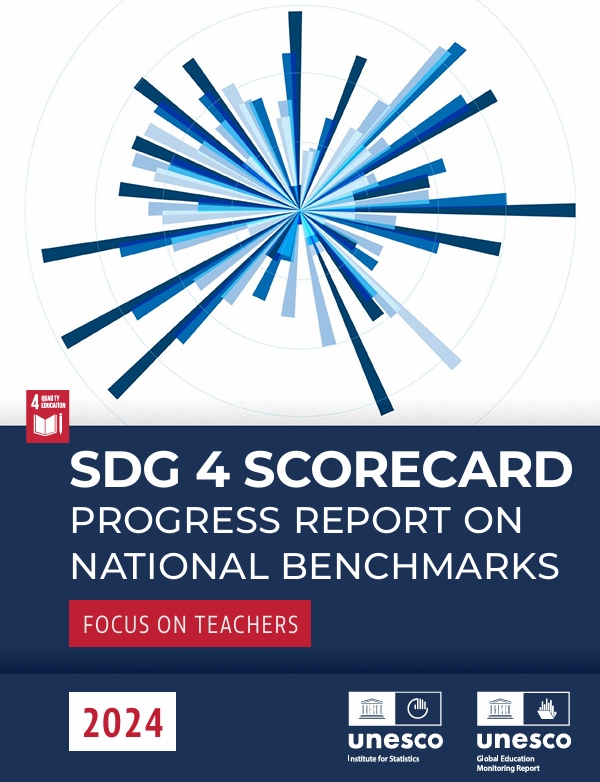In June 2018, the United Arab Emirates Ministry (UAE) of Education announced that classes in public primary schools will gradually become coeducational starting in the fall of 2018.[2] Private schools are often co-ed, but the Arab Gulf countries separate boys and girls in schools from preschool onwards. UAE is the first country in the Gulf to make this policy decision.
Many factors enter into important policy decisions, but it is hard to overlook in this case a study about gender segregation effects on boys in the Gulf. It was published by the Al Qasimi foundation of the Ras al Khaimah emirate of UAE. The book documented the effects of foreign male Arab teachers in comparison to highly educated local female teachers for girls.[3] It pointed to the worrisome learning outcomes vis-à-vis the complex decisions that Gulf countries expect from men.
The policy implications were highly relevant. It is widely known that…






